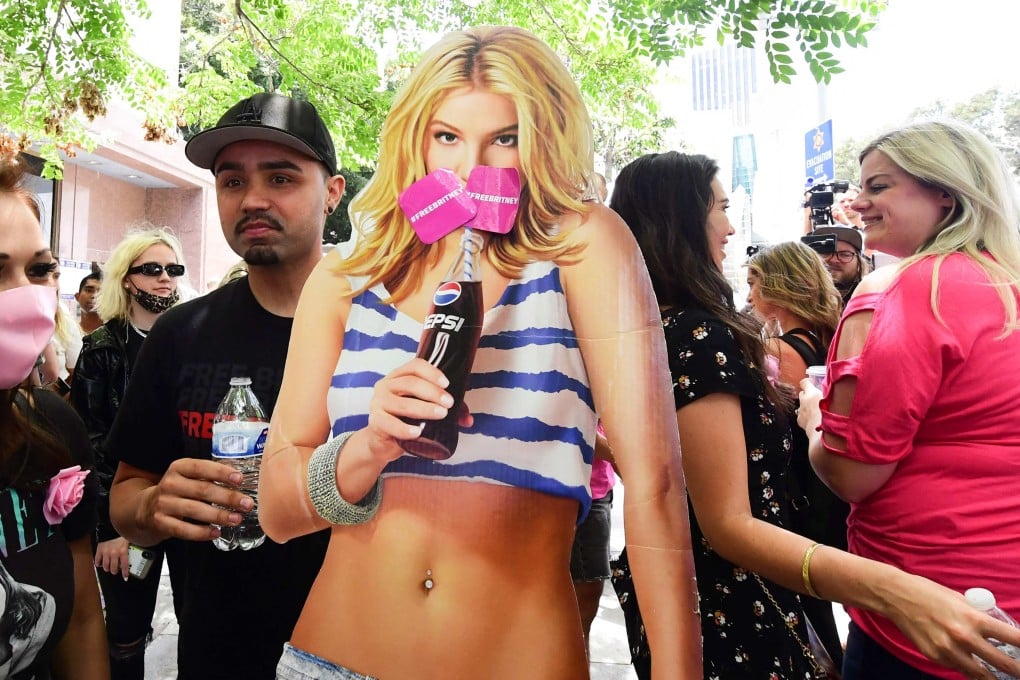Advertisement
Lunar | Britney Spears’ conservatorship reveals society’s treatment of women and systemic misogyny
- Pop star Spears is not the first celebrity to have behaved erratically in public but conservatorships have not been applied to male stars
- For centuries, conservatorships have been used to control women and seize their finances
Reading Time:3 minutes
Why you can trust SCMP
6

“I just want my life back. It’s been 13 years and it’s enough.”
Those were the heartbreaking words pronounced by Britney Spears on June 23. During a 23-minute court testimony, she urged a judge to end the conservatorship that has given her father and an attorney control of her affairs for more than a decade.
The American pop star might be 39 years old, but she’s still a child in the eyes of the law. Since her infamous “breakdown” in 2008, she has been legally prohibited from making any key decision concerning her life. Her every movement, her money, her estates, her artistic vision, her contraception: Jamie Spears, her father, along with a co-conservator, have been controlling it all.
Advertisement
Britney Spears’ story matters, because the conservatorship would not have happened if she had been a man. The last decade she endured is further proof of systemic misogyny, and it is time to (re)address it.

Few would argue Spears appeared troubled and in need of support back in 2008: she lost custody of her children, went to rehab several times, shaved her head, and hit a paparazzo’s car with an umbrella.
Advertisement
Advertisement
Select Voice
Select Speed
1.00x
